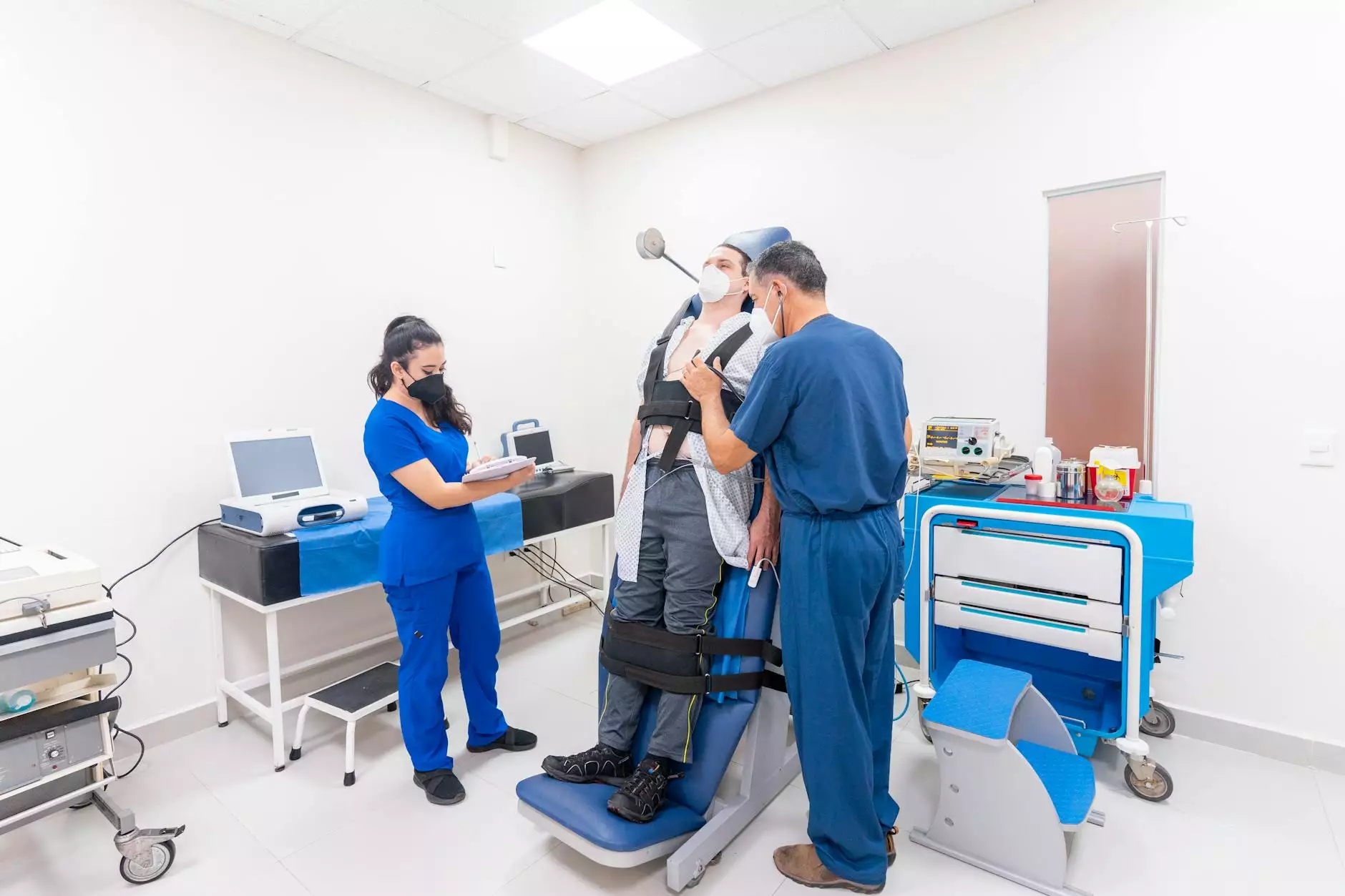Finding the Best Pediatric Cardiologist for Your Child

When it comes to your child's health, particularly regarding heart conditions, finding the best pediatric cardiologist is a critical step. These specialized doctors focus on diagnosing and treating heart issues in infants, children, and teenagers, and their expertise can make a significant difference in your child's well-being. In this comprehensive guide, we will explore key considerations for selecting a pediatric cardiologist, what to expect during consultations, and tips for ensuring your child receives the highest standard of care.
Understanding the Role of a Pediatric Cardiologist
A pediatric cardiologist is a doctor who specializes in diagnosing and treating heart problems in children. With extensive training beyond general cardiology, these specialists understand the unique aspects of pediatric heart conditions. Some of the key roles of a pediatric cardiologist include:
- Diagnosis: Identifying congenital heart defects, arrhythmias, or other cardiac conditions through physical examinations and advanced imaging techniques.
- Treatment: Creating tailored treatment plans, which may include medication, lifestyle changes, or referrals for surgical intervention.
- Monitoring: Regular follow-ups to monitor a patient’s heart health and adjust treatment protocols as necessary.
- Education: Providing parents and caregivers with information on heart health, what symptoms to watch for, and the importance of preventive care.
When to Seek a Pediatric Cardiologist
It's essential to recognize the signs that necessitate a visit to the best pediatric cardiologist. Conditions requiring evaluation include:
- Persistent heart murmur detected during a routine check-up.
- Symptoms of heart disease, such as shortness of breath, excessive fatigue, or chest pain.
- Family history of congenital heart defects or hereditary heart conditions.
- Diagnosis of a heart-related issue from a primary healthcare provider.
How to Choose the Best Pediatric Cardiologist
Selecting the right pediatric cardiologist is paramount for ensuring your child's heart health. Here are some critical factors to consider:
1. Credentials and Experience
Look for a pediatric cardiologist who is board-certified, which indicates they have completed rigorous training and passed comprehensive exams. Additionally, consider their experience, especially with specific conditions relevant to your child's needs.
2. Reputation and Referrals
Seek recommendations from your child's primary care physician, family, and friends. Online reviews and testimonials can also provide insight into a doctor's reputation. Look for signs of compassionate care and patient-focused approaches.
3. Hospital Affiliations
The best pediatric cardiologists are often affiliated with reputable medical centers known for their heart care. Research the hospital's accreditation, technology, and overall pediatric care environment.
4. Communication Style
A child-friendly approach is essential. The pediatric cardiologist should communicate effectively with both you and your child. A caring and reassuring doctor can make hospital visits less stressful for patients.
What to Expect During Your First Visit
- Medical History Review: Discuss your child's medical history, any existing conditions, and family health history.
- Physical Examination: The doctor will conduct a thorough physical exam, focusing on your child's heart and lungs.
- Diagnostic Tests: Be prepared for tests such as echocardiograms, ECGs, or stress tests, which help the doctor assess the heart's function.
- Discussion of Findings: After evaluations, the cardiologist will discuss findings and recommend appropriate treatment options or further testing.
Treatment Options Offered by Pediatric Cardiologists
The treatment plan will vary depending on the diagnosis but may include:
Medications
Many pediatric heart conditions can be managed with medication to regulate heart function, control blood pressure, and prevent complications.
Interventional Procedures
Some conditions may require minimally invasive procedures, such as catheterization, to treat heart defects or blockages.
Surgical Options
In more severe cases, surgery may be necessary. Pediatric cardiologists work closely with pediatric cardiothoracic surgeons to coordinate surgical interventions.
Ongoing Care and Monitoring
Follow-up appointments are crucial for long-term management of heart conditions, ensuring your child’s treatment plan remains effective.
The Importance of a Supportive Environment
Caring for a child with a heart condition can be overwhelming. Building a support system comprising family, friends, and healthcare providers is vital. Consider joining support groups or forums to connect with other parents facing similar challenges, exchange experiences, and gain valuable advice.
Final Thoughts on Finding the Best Pediatric Cardiologist
Finding the best pediatric cardiologist for your child is essential for their heart health and overall well-being. By understanding the unique challenges of pediatric heart issues and taking an active role in your child’s healthcare journey, you can advocate for their needs effectively. Always prioritize finding a reliable, compassionate specialist who will treat your child like their own.
If you are looking for expert pediatric heart care, MediGlobus connects you with leading medical centers and specialists around the world, ensuring that your child receives the most comprehensive care available.
Additional Resources
Here are some resources to learn more about pediatric cardiology:
- American Heart Association - Children's Heart Health
- National Heart, Lung, and Blood Institute - Pediatric Heart Health
- Children's Health - Heart Health Information









